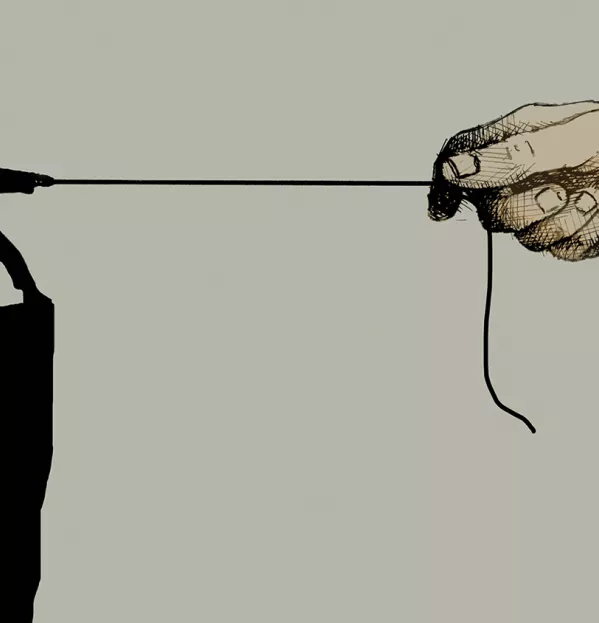In November 2016, I attended the Scottish Educational Research Association’s annual conference at the University of Dundee. Although it was of moderate size compared with more high-profile educational conferences in the UK and US, I was impressed with the quality of the presentations and the friendliness of Scottish educators.
During one lunch break, I had an illuminating conversation with one school leader regarding the Scottish Index of Multiple Deprivation (SIMD). He shared the seven domains of data that comprise the index, which I found to be most insightful. This is surely a much better indicator of student needs, compared with the socioeconomic status datum applied wholesale in school systems across the US, which determines various services available to children, such as free school lunches or eligibility for supplementary federal school funding.
He then burst my bubble by bemoaning the pitfalls of SIMD, such as teachers inappropriately assuming that students with certain ratings can’t achieve at the same level as those with different indices of deprivation.
This blight of low expectations for students from impoverished backgrounds is also a constant struggle in the US. Although the moral imperative is that we must maintain high expectations for all, teachers and school leaders can’t be left alone in the constant endeavour to “leave no child behind”.
As I explored Scotland last autumn, tour guides were fond of relating how parsimony was ingrained in the Scottish psyche. This disposition undergirds the current argument for Scotland’s Child Poverty Bill, made even more cogent by the recent decline in Scotland’s scores in the Programme for International Student Assessment (Pisa) and concurrent increase in the population of Scottish children living in poverty to about 25 per cent. The deleterious effects of poor housing, nutrition and health during the crucial developmental years reduce any return on investment on children’s futures.
President Lyndon B Johnson declared an American war on poverty in 1964. Although the overall poverty rate in the US may have declined since then, the percentage of children living in poverty is currently a disgraceful 33 per cent, according to the US Census Bureau.
The US’ Pisa scores are correspondingly unimpressive, too. Fortunately, there are exemplars we can learn from, such as Finland and Singapore - both of which had underperforming educational systems and economies, but did the arduous work of turning around educational inequality and underperformance, thereby buoying their economies.
One key element of this transformation is avoiding partisan gridlock, as currently seen in the US. Educational and visionary leaders must persevere to emerge as ultimate arbiters of a more just and sustainable future for all. Scotland would be well served to press on in its war on poverty - or things could well “gang aft agley”.
Carol A Burg is an expert in educational leadership at the National Louis University in Florida
